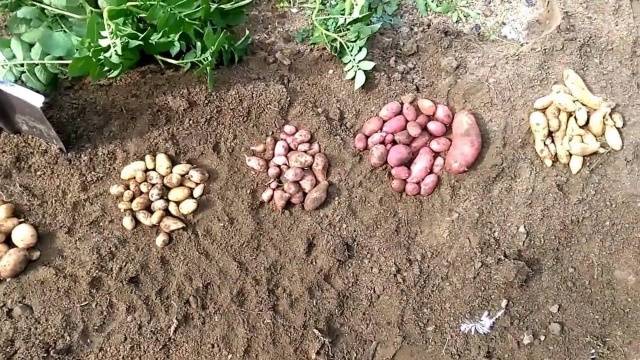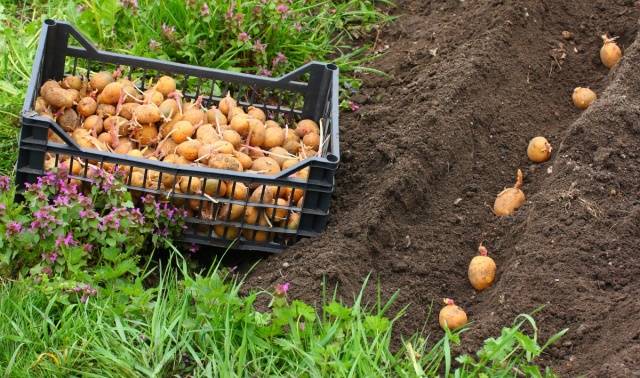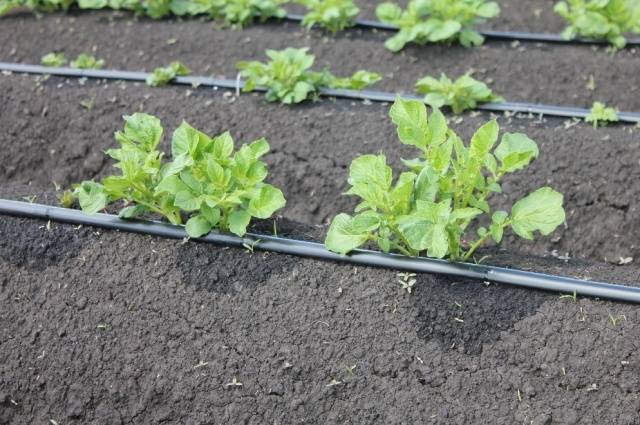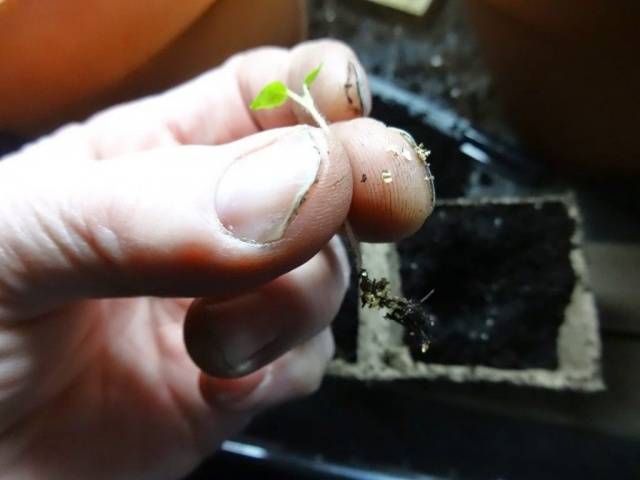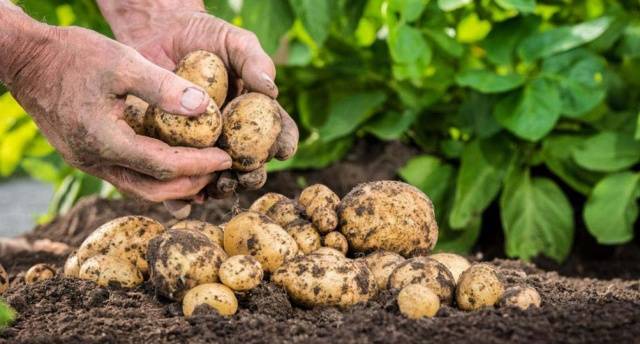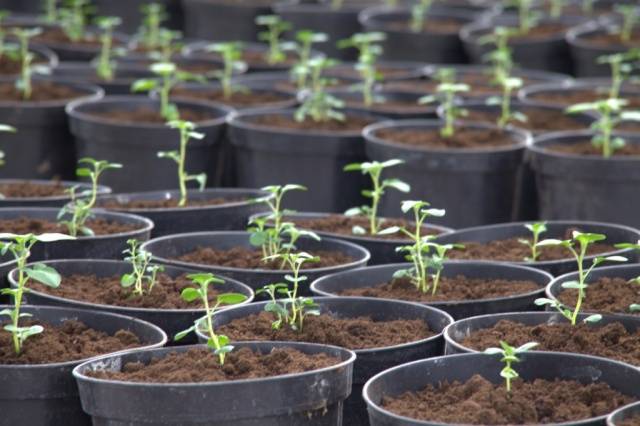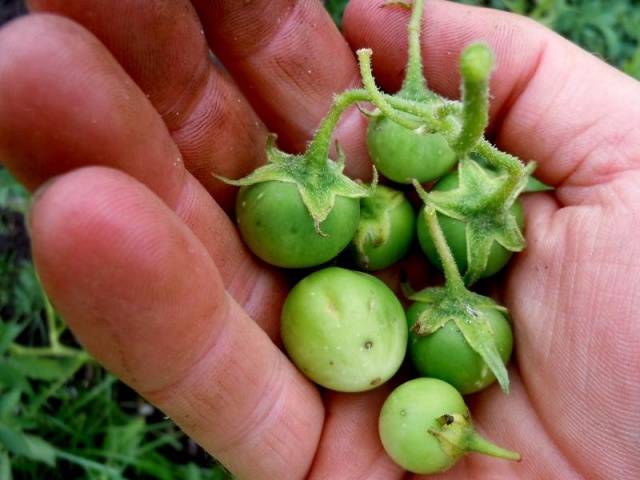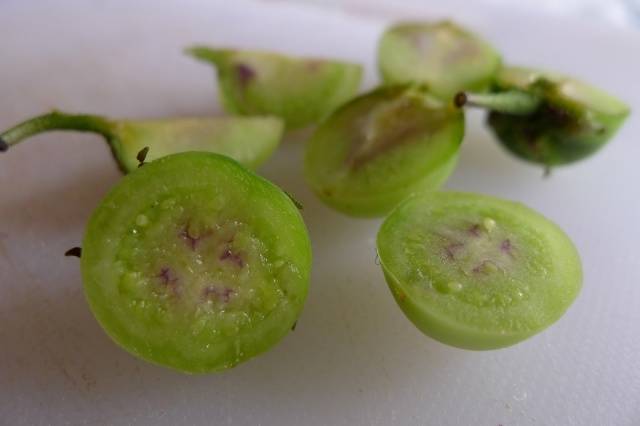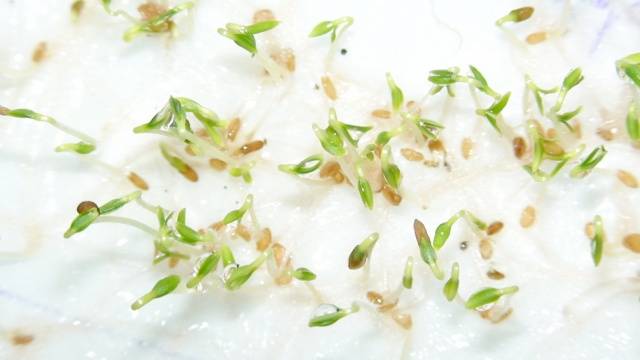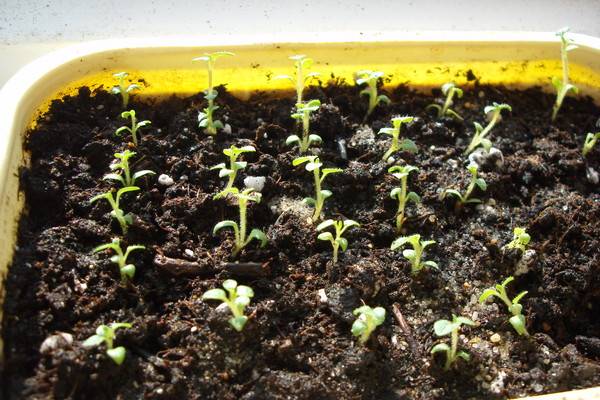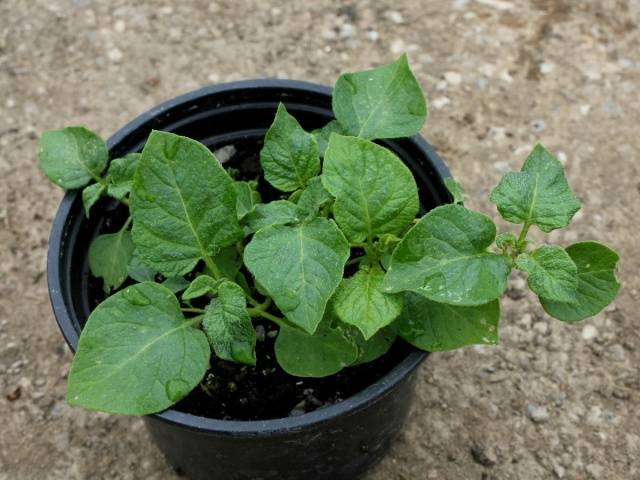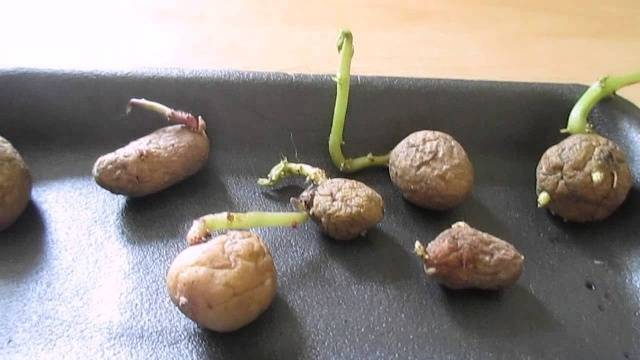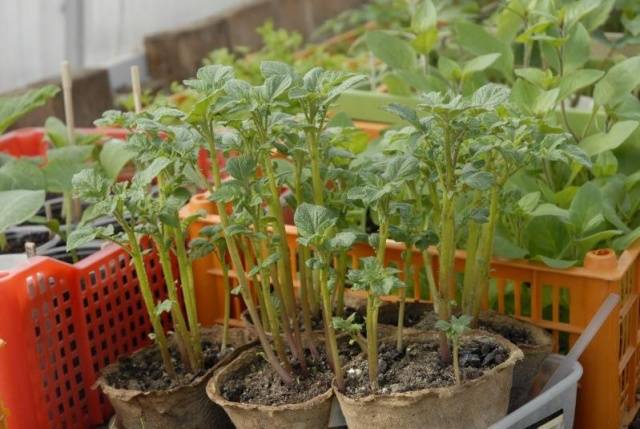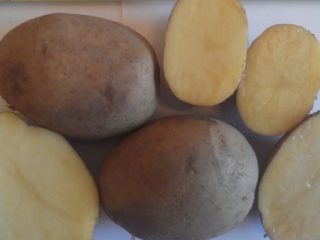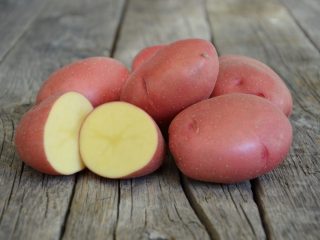Content
Every gardener knows that potatoes are propagated by tubers. However, this is far from the only way, for example, potatoes can still be planted with seeds. Summer residents are not surprised by sowing tomato or pepper seeds, but seedling potato cultivation for ordinary gardeners is an unusual process. Breeders develop new varieties of potatoes through seeds, this method helps to save on planting material and prevent crop degeneration. At first glance, it may seem that seed propagation is too complex a method. But as practice shows, even at home, it is possible to grow any kind of potato from seeds.
This article will be devoted to how to grow potatoes from seeds. Here the advantages and disadvantages of seed reproduction will be listed, it will be told about when and how to sow potato seeds for seedlings, transfer seedlings to the ground.
Features of seed reproduction
When growing potatoes at home, this agricultural technique is familiar: the planting tubers are buried in the ground in order to dig up a new crop at the end of the season. This sequence of actions is repeated from year to year.
This method of breeding potatoes has significant disadvantages:
- potatoes degenerate every year, losing their varietal qualities;
- infections and pests accumulate in the tubers;
- tubers from each subsequent harvest become smaller, and their number under the bush decreases.
Advantages and disadvantages
Planting potatoes with seeds solves all these problems, but also has its own characteristics. Having decided to sow potato seeds, the farmer opens up new opportunities for himself: he will be able to independently reject breeding material, choose tubers with certain varietal qualities for reproduction.
The propagation of potatoes by seeds is also justified for the following reasons:
- the cost of seeds is several times less than the cost of planting tubers - this allows you to grow elite and rare varieties at a low price;
- for storing planting material, cellars, basements and pantries are not needed - potato seeds overwinter perfectly in a matchbox;
- initially, potato seeds are not infected with any diseases and pests - the harvest from them will turn out to be "clean", the treatment of bushes with chemicals will not be required;
- seed tubers are much more resistant to unfavorable manifestations of climate and weather - seed potatoes quickly adapt to the conditions of a particular growing region;
- germination of potato seeds lasts for several years;
- higher quality and more harvest - in the first years after planting seed tubers, potatoes will be the largest, very tasty, and, most importantly, there will be a lot of them.
If growing potatoes from seeds had some advantages, all gardeners would switch to this method. Not everything is so smooth, and seedling propagation has its drawbacks:
- bushes and tubers from the same seeds can grow completely different - it will not be possible to obtain the same type of planting material, it will be necessary to independently select specimens for further reproduction;
- in the Russian climate, potato seeds cannot be sown in open ground - you have to grow seedlings;
- potato seedlings are very capricious and fragile - you will have to work hard to get your own elite tubers;
- two-year cycle - to get normal planting tubers, it will take several seasons (in the first year after planting potato seedlings, sevok is harvested - tubers weighing 4-6 grams).
Despite the difficulties, planting potatoes with seeds for seedlings is a promising occupation. If the farmer has free time, suitable conditions and craving for selection, he should definitely try it!
Growing technology
Growing potatoes from seeds at home is a difficult and rather painstaking process. A beginner will have to face some difficulties:
- The roots of potatoes are weak and develop very slowly, so you need to sow seeds in loose soil. At first, you can grow potatoes in sawdust, later transfer the seedlings to the soil.
- Potato seedlings are quite capricious, they are sensitive to any external changes. In this regard, it is recommended to maintain the same temperature, humidity and illumination in the room with seedlings.
- Due to the lack of light, potato seedlings are strongly stretched - artificial lighting will be required.
- Tender potato shoots are susceptible to various fungal diseases, especially often the seedlings are affected by the "black leg". To protect the potato, it should be treated with fungicidal preparations from the first days of "life" (Trichodermin, Planriz, black yeast).
- Potato seedlings are very small and fragile, so they will have to be transplanted with great care.
Preparatory work
You can buy potato seeds at specialty stores. Such planting material goes through all stages of preparation, and is already completely ready for sowing. The purchase of potato seeds is justified in the case when the gardener wants to start a new variety on the site. In other cases, you can get seeds from your own harvest.
The fruits of the potato are plucked from the upper green part of the bush. After collecting, they are placed in a bag and hung in a warm, bright place. In the process of ripening, the berries should turn white and become softer - now they can be crushed and seeds removed. Small potato seeds are washed with water, dried thoroughly and folded into a paper bag.
Immediately before planting, potato seeds must be soaked in water or in a growth stimulator. The fact is that the germination rate of potato seeds is very low - not all seeds will hatch and sprout. Soaking should be carried out for at least two days, until it becomes clear which specimens are sprouting.
Sowing potatoes
The timing of planting potato seeds is very early - already at the end of March, you can start sowing. Planting is carried out in wooden boxes filled with a damp substrate. The soil for potatoes must be very loose, so it is prepared from one part of sod land and four parts of peat. The soil must be fertilized with a mineral complex and watered well.
Potato seeds that have begun to hatch are laid out in boxes in even rows. Landing scheme not very dense: 5x10 cm. If potato seedlings grow too densely, they will not have enough moisture and nutrition. It is recommended that the seeds spread out on the ground be lightly pressed and sprinkled with a thin layer of dry sand (0.5 cm is enough).
When a pair of leaves appears on the potato seedlings, it will need to be dived, planting it in individual containers with drainage holes or in peat glasses. Caring for potato seedlings is simple: regular loosening of the soil, watering, feeding with ammonium nitrate at the stage of rooting of seedlings.
Planting seedlings in the ground
At the end of May, when the threat of return frosts has passed, potatoes from seeds can be transferred into the ground. Potato seedlings have very thin and weak roots that are easily damaged during the transplanting process. Therefore, seedlings are planted only in loose soil and they do it very carefully. As a result, some plants will not take root and die - the farmer must be ready for this.
Despite the small size of potato senses, the planting pattern should be 35x70 cm. A week before planting in open ground, the seedlings must be fed with nitrogen (you can use urea - dissolve 30 grams in a bucket of water and water the seedlings).
Planting is carried out deeply, because seed potatoes are afraid of the cold. The depth of the holes should be 10 cm. It is recommended to add a handful of humus to each hole and pour 0.5-1 liter of water.
Feedback
Conclusion
It is quite possible to get seed potatoes from seeds at home! This is confirmed by the reviews of domestic gardeners who successfully multiply valuable varieties and even develop new types of potatoes. Of course, the process of growing seedlings, picking them and transplanting them into the ground is a long and troublesome process. But in the end, the farmer will receive his own elite potatoes, the seeds of which cost a lot of money on the market.
Read more about planting potatoes from seeds in this video:
